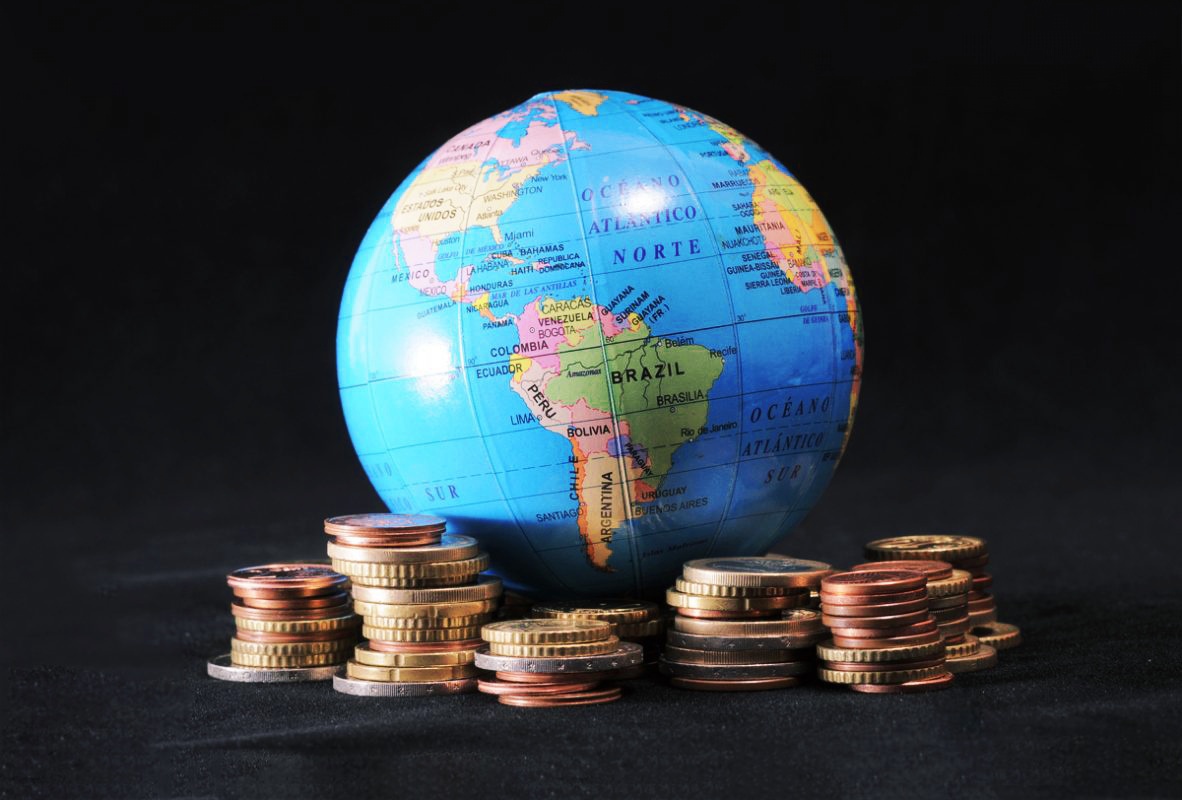WASHINGTON.- As a result of the coronavirus pandemic and the impact of the last hurricane season, the Latin American and Caribbean region faces “the worst socioeconomic crisis” in the 61 years of the Inter-American Development Bank (IDB), the president of the Inter-American Development Bank (IDB) said on Thursday. that institution, Mauricio Claver-Carone.
“We are in an unprecedented situation for the region,” Claver-Carone declared in an interview with Efe, who since last October 1 became the first American to head the inter-American organization.
The official, who recalled that the Economic Commission for Latin America and the Caribbean (ECLAC) has characterized this crisis as “the worst” in the last 120 years in the region, pointed out that, although the pandemic “has affected the whole world », Its impact has been felt more strongly in the region due to its particularities.
“The impact of covid-19 has been disproportionate,” explained Claver-Carone, noting that the region, despite representing 8% of the world’s population, has suffered “a third of the deaths” due to the pandemic .
But, in addition, Latin America and the Caribbean suffered “the worst hurricane season in the last 50 years,” said the IDB president, adding that “four of the five countries in the world historically most affected by hurricanes and natural disasters are in Central America and the Caribbean ».
Only in November, hurricanes Eta and Iota impacted several countries in South America, Central America and the Caribbean, especially Honduras, Guatemala and Nicaragua.
“And let’s add to that the worst migration crisis in the world,” emphasized Claver-Carone, alluding to the exodus of Venezuelans, which he compared with that of Syria and considered “it is affecting all neighboring countries,” creating enormous fiscal pressures. and social in countries like Colombia, Peru, Chile, as well as in the Caribbean.
Claver-Carone recalled that another “peculiarity” of the region is that it is one of those with the most economies dependent on tourism.
“There is no worse pandemic than the covid for tourism, because obviously it has closed the borders, there are no trips, there is no contact. So it has destroyed these economies and to recover it is going to be quite an intense process, “he admitted.
The International Monetary Fund (IMF) has warned that the region will not recover the level of its economic activity prior to the coronavirus pandemic until 2023, mainly due to the strong impact of the health crisis on employment, and raised last February to 4, 1% its regional growth forecast for this year.
In this context, Claver-Carone highlighted as a “Marshall plan” for the region a bipartisan bill endorsed by Senator Bob Menéndez -who chairs the Upper House Foreign Relations Committee-, which seeks that the United States Congress authorize a IDB general capital increase.
This would allow the resources available for loans in the region to be raised to 20,000 million dollars, from the current 12,000 million. In the midst of the coronavirus emergency, the IDB approved, according to Claver-Carone, 21.6 billion dollars for the region.
“It is the first time in history that the United States Congress, a very important bipartisan group of senators, bets on the IDB and anticipates a conversation about a capitalization process,” he stressed.
A decision on a capitalization will be the product of a negotiation within the body’s Board of Directors and what its governors agree on at the annual meeting that will take place in the Colombian city of Barranquilla, between March 17 and 21.
“This bipartisan proposal is the only Marshall plan that exists for the region,” stressed the IDB leader, who hoped that the bill that has been presented to the new US Congress will be approved.

